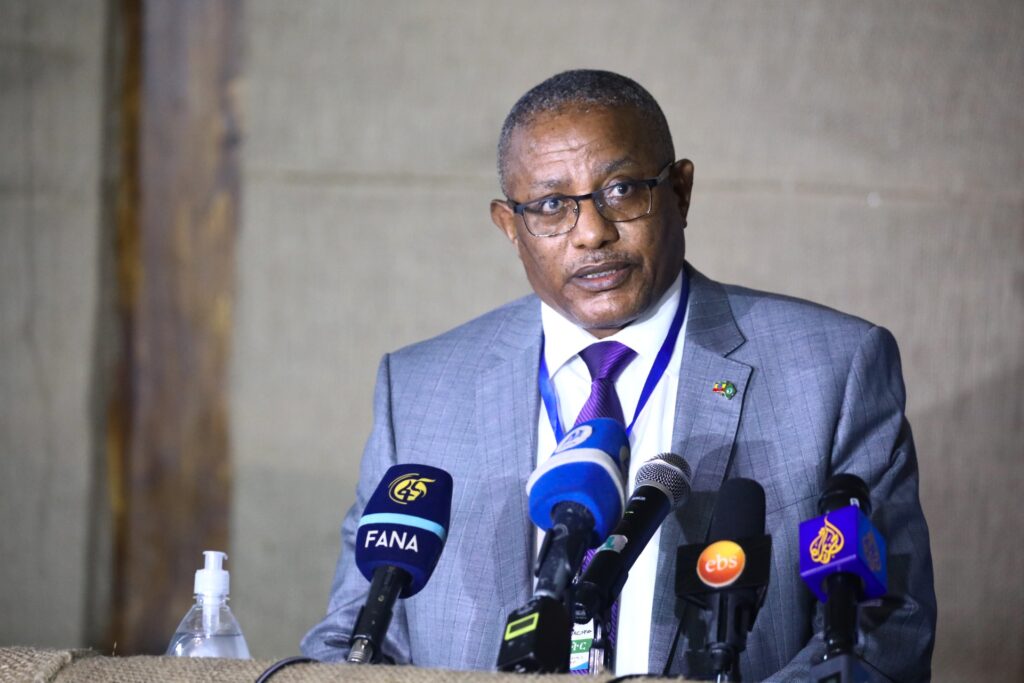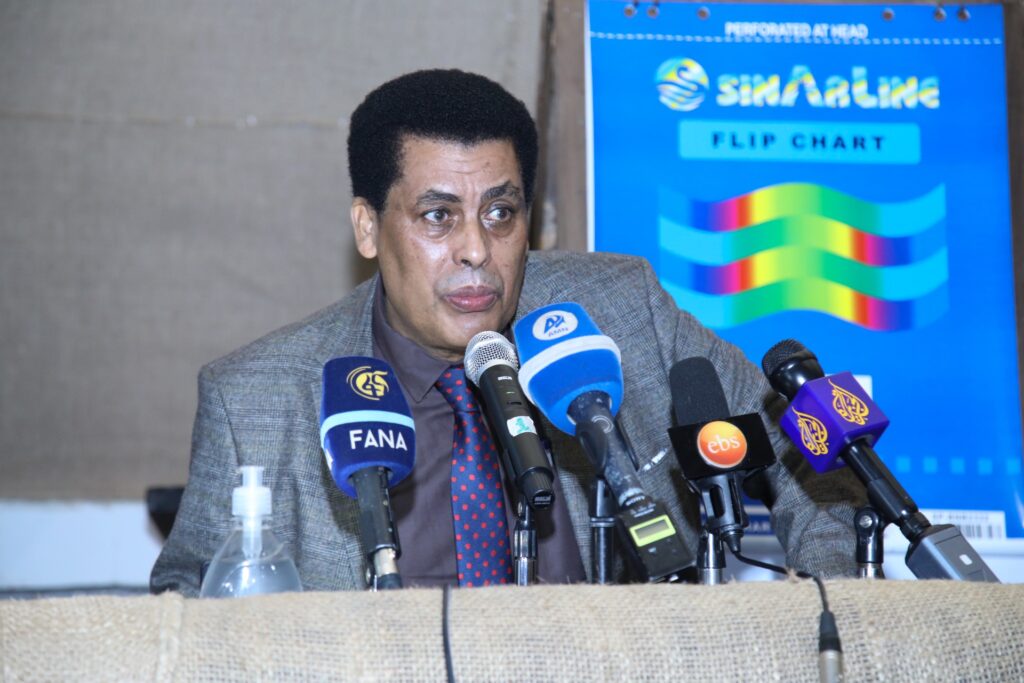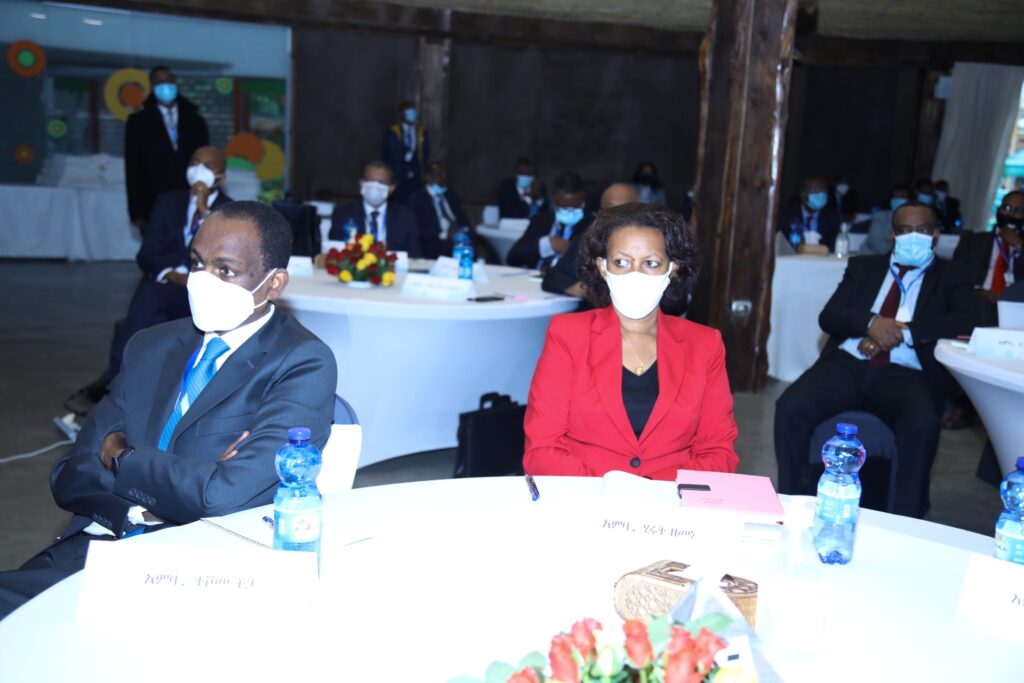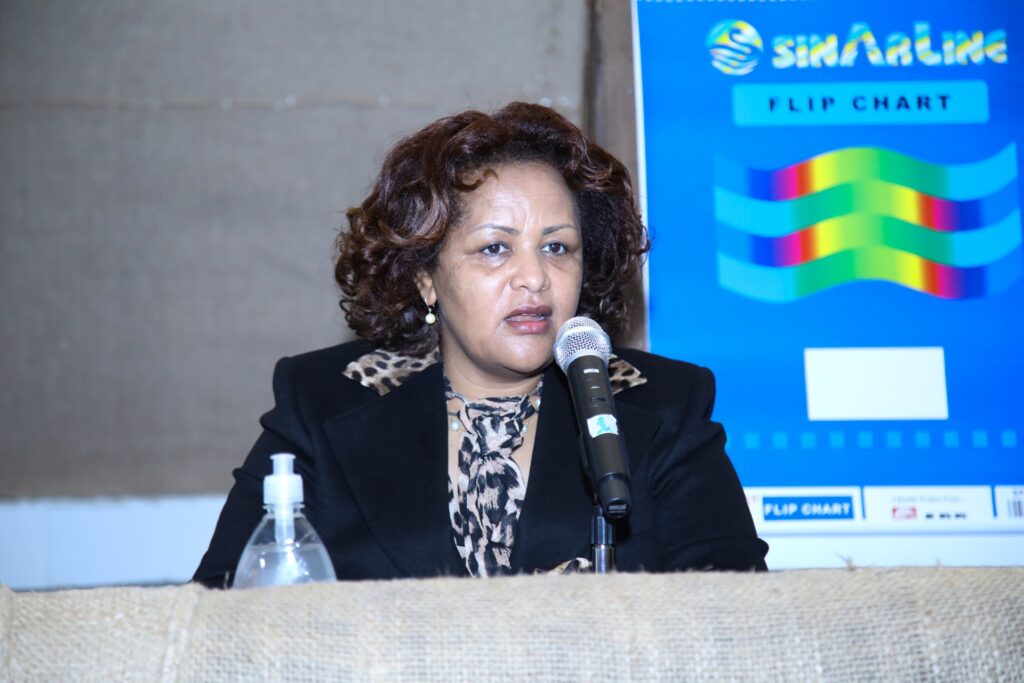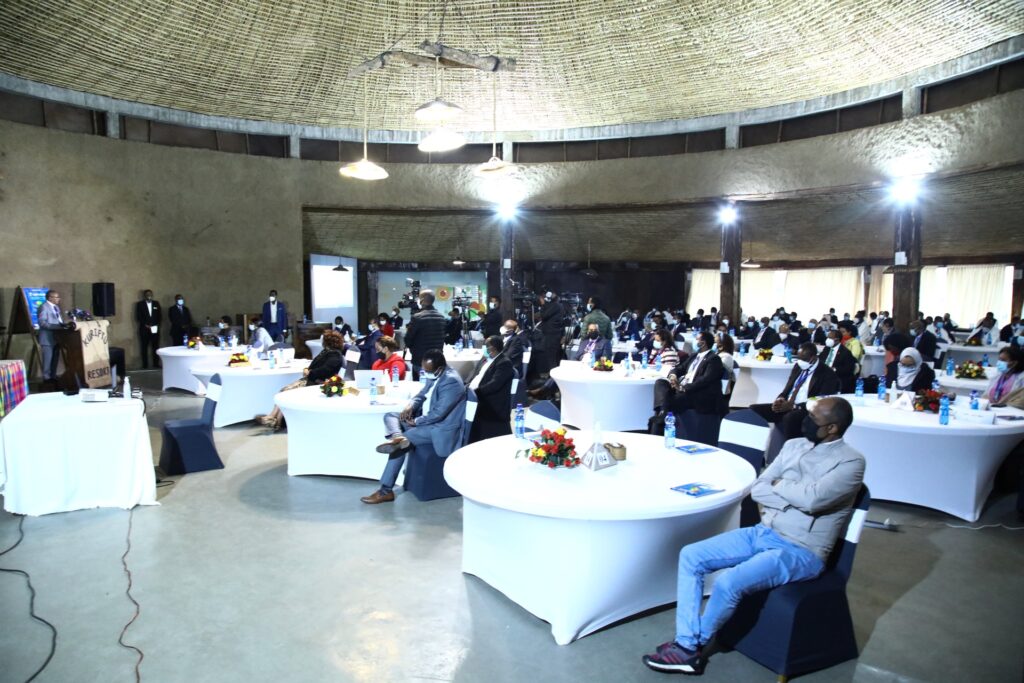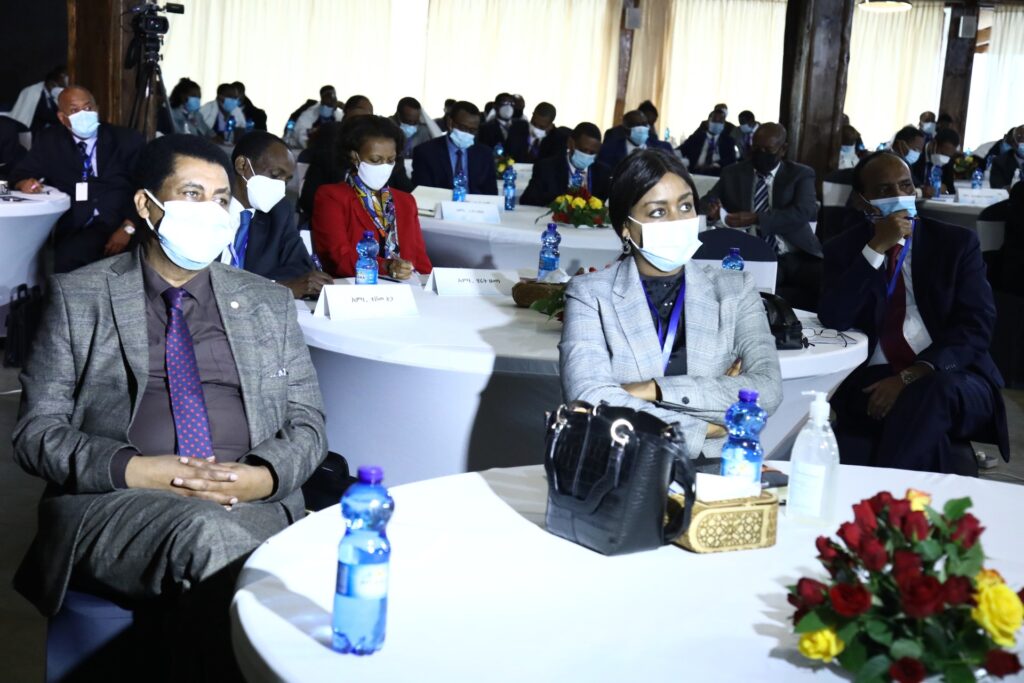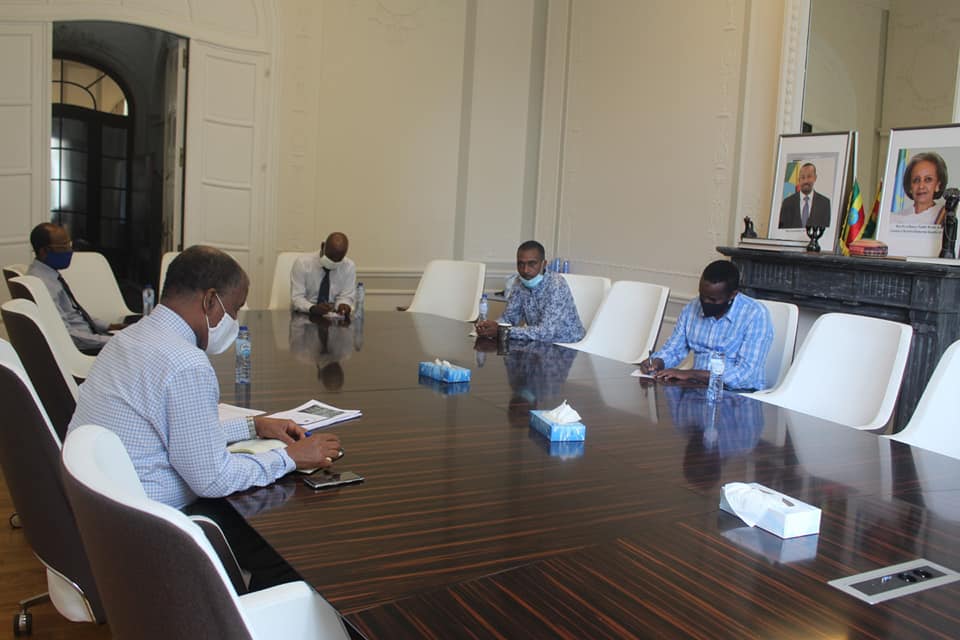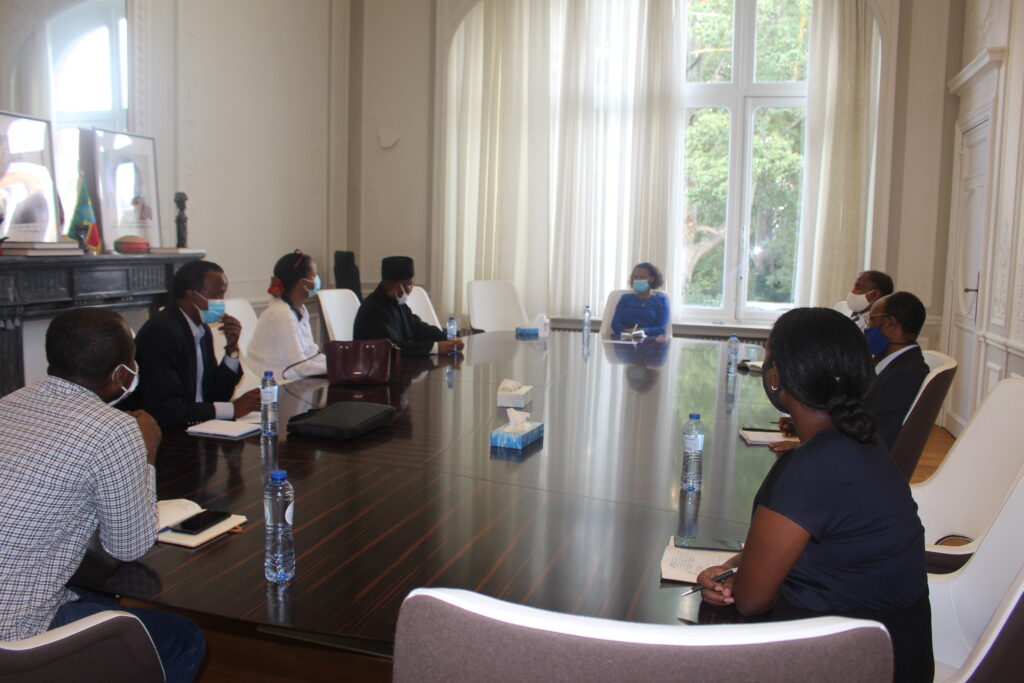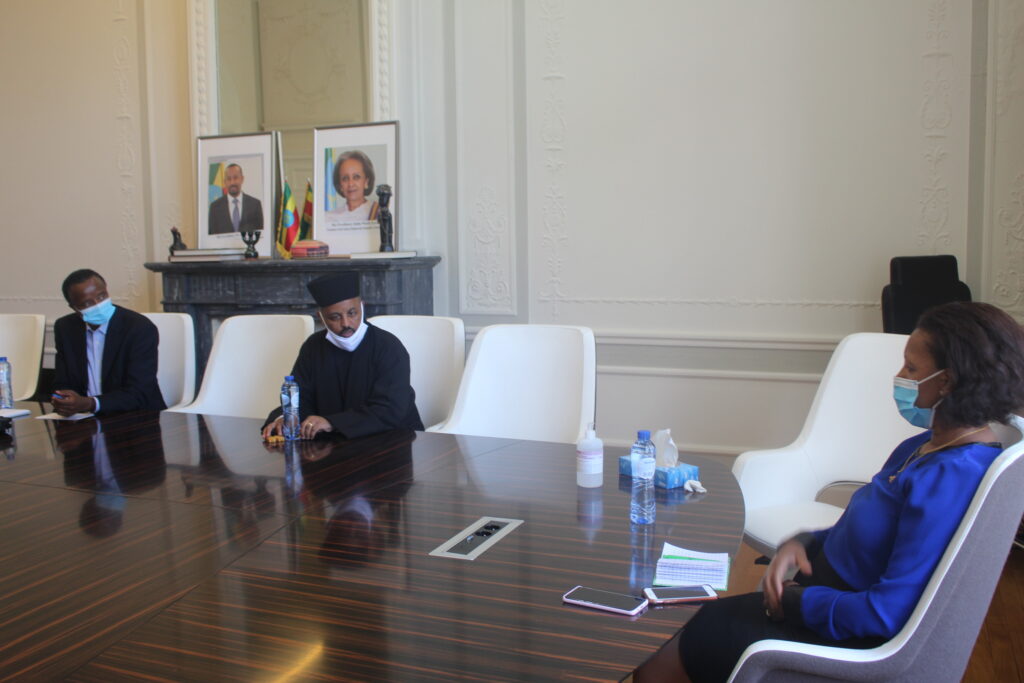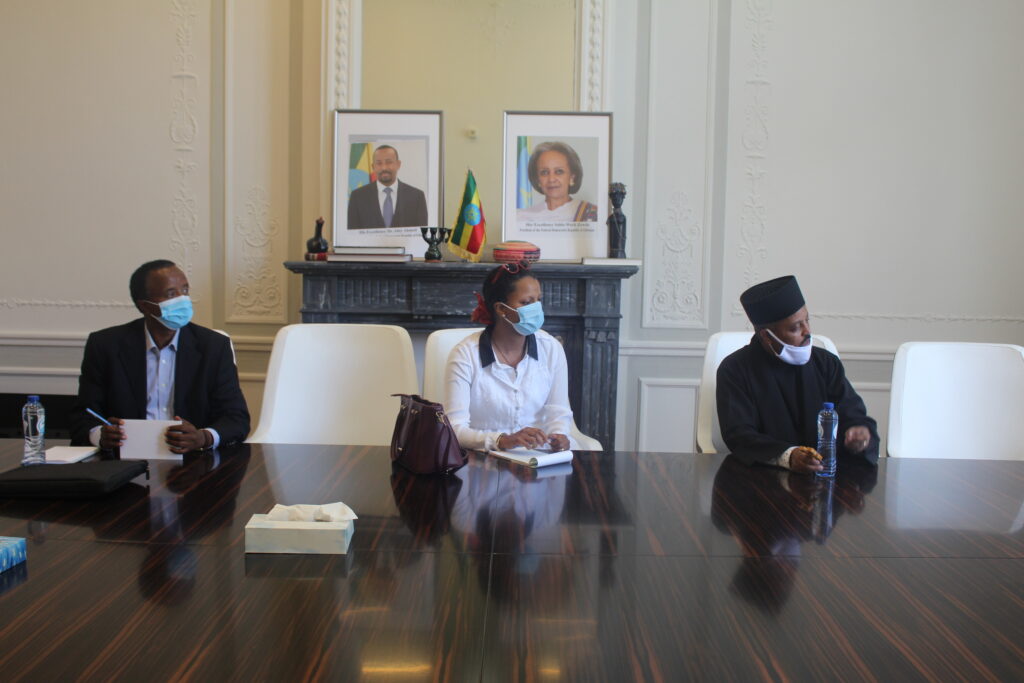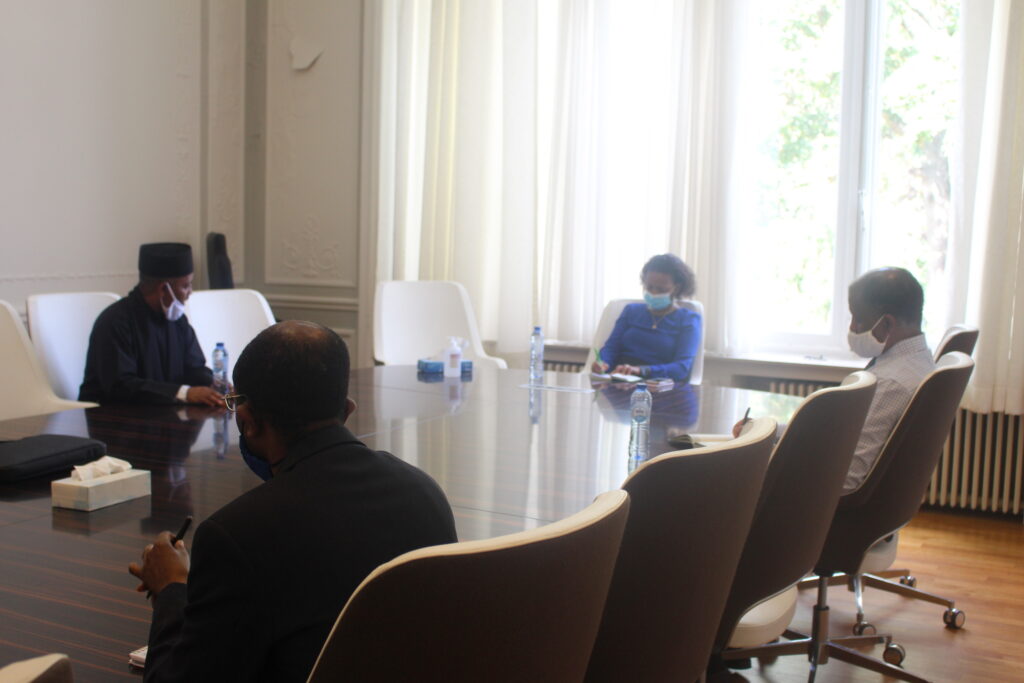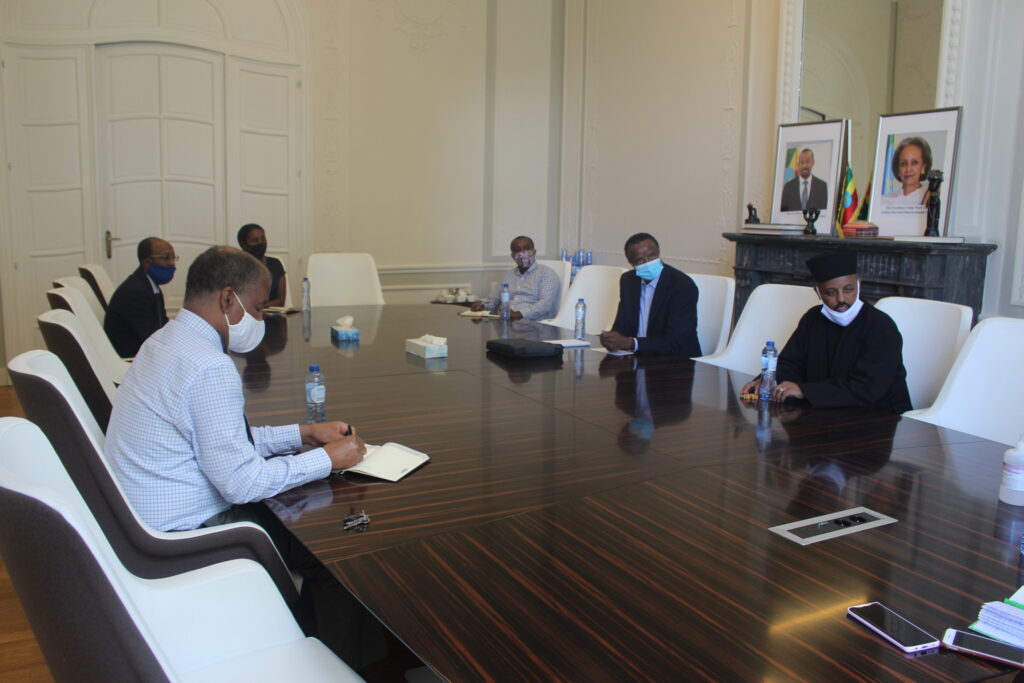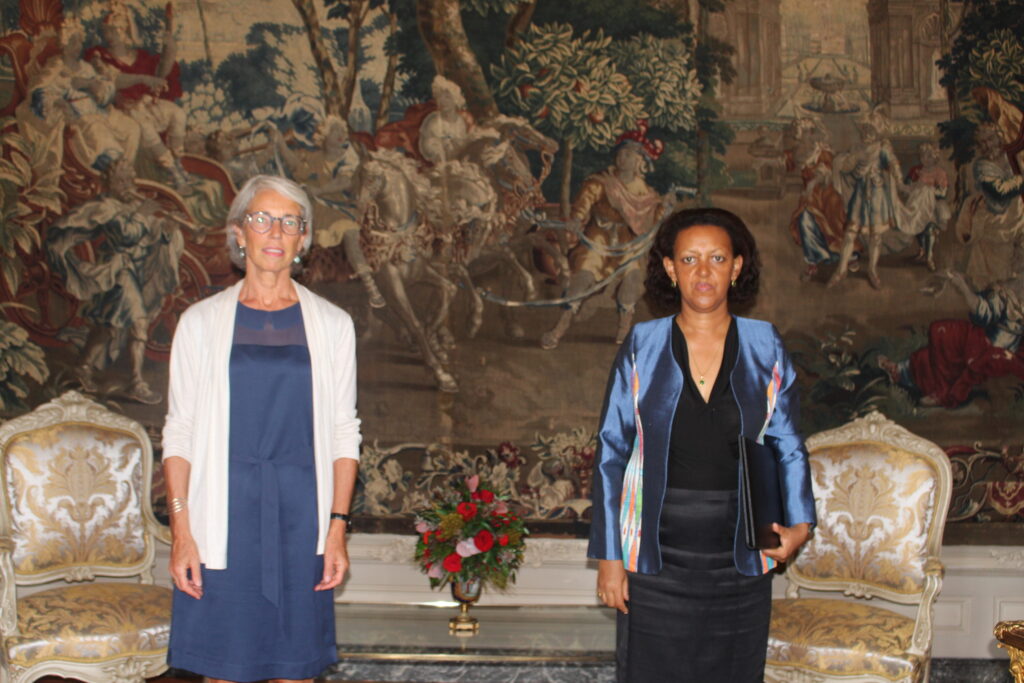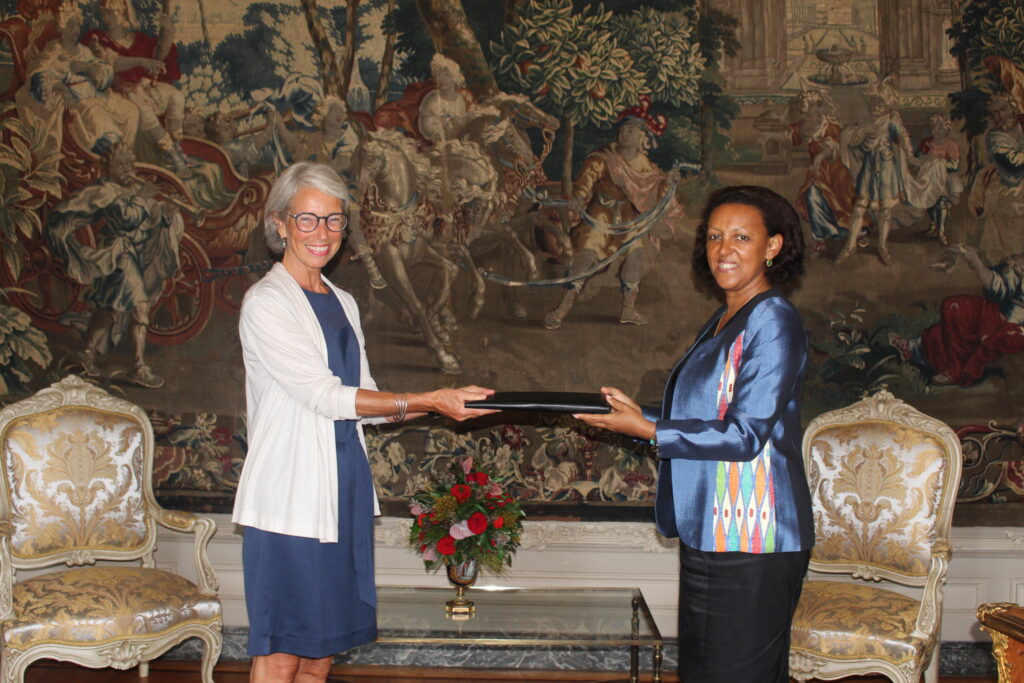The annual meeting of senior officials, ambassadors, and Consul Generals of the Ministry of Foreign Affairs of Ethiopia kicked off today (August 24) under the theme: “Diplomatic Mission to National Prosperity,” in Bishoftu town.
In delivering an opening speech, H.E. Gedu Andargachew noted the Ministry’s commitment to engage in activities that helped forge durable peace and establish strong economic ties in the Horn of Africa.
The Ministry has created new strategic partnerships that help the country get support to the ongoing economic and political reform, Minister Gedu added.
Mr. Gedu further elaborated on the Ministry’s crucial role in mobilizing diplomatic support and creating public awareness regarding the ongoing negotiations over the Grand Ethiopian Renaissance Dam.
He expressed his hope that the deliberations of the meeting will help the Ministry to further strengthen the spectacular results registered in the current fiscal year in economic diplomacy and peacebuilding activities.
Despite the COVID-19 pandemic, the Ministry is compelled to hold this face-to-face meeting taking the difficulties of holding a teleconference meeting in innumerable time zones, the minister added.
In addition to evaluating the Ministry’s performance in the current fiscal year, participants are expected to deliberate the basics of the “medemer” philosophy in light of the Foreign Policy of the country and engage in training sessions on Strategic Leadership and Balanced Score Card.
